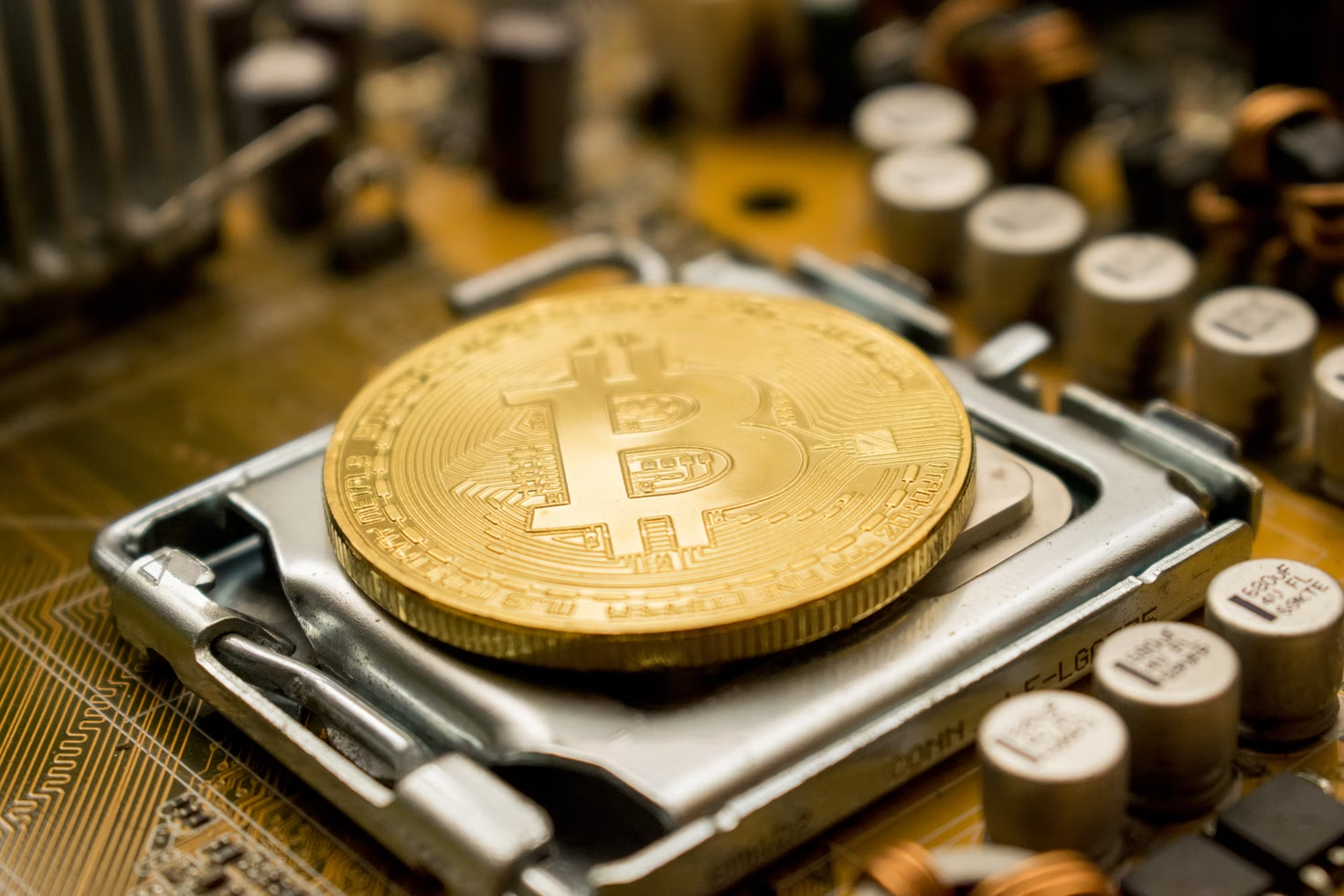The "Bitcoin is destroying the environment" narrative is patently false.


The "Bitcoin is destroying the environment" narrative is patently false.

So you may have heard that New York State is banning Bitcoin mining.
Here's what some of our...

Everyone is talking about Bitcoin. In fact, you probably have friends that love to tell you about...

As you learn more about Bitcoin and other cryptocurrencies, you will inevitably hear the term,...
What Is Bitcoin Mining?
What does it mean to "mine" Bitcoin? What is Bitcoin mining? Can you mine Bitcoin from home?
Do you need a pickaxe?!?
The Crypto Christian gets this question all the time. So take a deep breath, because this is a long one! Let's breakdown how Bitcoin mining works:
First, Bitcoin mining is the process of adding Blocks to the Blockchain.
What is a Block? At its core, a Block is the collection of all unverified transactions which have taken place over the last 10 minutes. Every 10 minutes, on average, a new Block of transactions is added to the Bitcoin Blockchain.
Think of excel spreadsheets stacking on top of each other. These spreadsheets are the "blocks" that make up the blockchain.
What is a transaction? A Bitcoin transaction is essentially a signed check where one person sends Bitcoin from their account to another account, and they include a small transaction fee. Just like with a personal check, the check is only valid if it's paired with the unique signature of the account owner.
Bitcoin transactions must be digitally signed with the private key of the person sending the Bitcoin. We'll talk about Public Key Cryptography another day.
So every ten minutes, Bitcoin miners will collect all of these unverified transactions, and validate that not only are the signatures accurate but that the sending account has enough BTC to send to the recipient.
In this way, miners perform the crucial validation work to secure the Bitcoin network. As payment for this valuable service, the miners will add a mining reward transaction to the block, which will generate some new Bitcoin (currently 6.25 BTC) and deposit it in their own account, along with all of the combined transaction fees.
This is all you need to know to have a basic understanding of Bitcoin mining. Keep reading to learn more details:
This mining reward was originally 50 BTC, but every four years, the Bitcoin protocol specifies that this reward should be cut in half.
Bitcoiners refer to this event as the "Halvening," and the next Halvening is expected to occur in the Summer of 2024, at which point the mining reward will become 3.125 BTC. Because the mining reward will be cut in half every four years, eventually the mining reward will be reduced to zero, near the year 2150. At this point, miners will only be rewarded by the transaction fees of all transactions in each block they validate.
So that sounds great, right? Validate some transactions, add a block to the blockchain, and collect a cool 6.25 BTC, currently worth around $187,500. Easy peasy, lemon squeezy.
Not so fast! Mining Bitcoin is purposefully made difficult, so the process of validating the blocks will take roughly 10 minutes to perform each time.
How is Bitcoin mining made difficult?
Well, here's where it gets a little technical because we need to talk about Hash functions. The data in each block is passed through a one-way function that produces a pseudo-random number at the end. We say it's "pseudo" random because if you pass in the exact same data, you will get the exact same output every time. But if you change the input even just a little, you will get a totally different pseudo-random number.
So, why do Hash Functions matter? It all goes back to making Bitcoin mining more difficult.
Before any block can be added to the blockchain, the Bitcoin protocol requires the Hash output of each block to begin with a certain number of leading zeroes. This is achieved by adding some throwaway data to the end of the block (called a "nonce", short for "number only used once"), which is only used to manipulate the output of the hash function.
So Bitcoin mining ultimately boils down to testing new random nonce values until we find one which lets the Hash Function output have a certain number of leading zeroes. Like we said, it's pretty technical.
So, Bitcoin mining is really just hunting for a nonce value that allows a miner to add a block to the blockchain. This gets easier to do as miners develop better hardware, which is why the difficulty is adjusted every two weeks. Every two weeks, the number of zeroes required is adjusted up or down, so that the time it takes to create new Bitcoin blocks is still ten minutes on average.
Adding blocks to the blockchain is totally different from editing Wikipedia -- only people who've proven they have performed the hard work can earn the opportunity to make a one-time update to the Blockchain.
The Crypto Christian Team